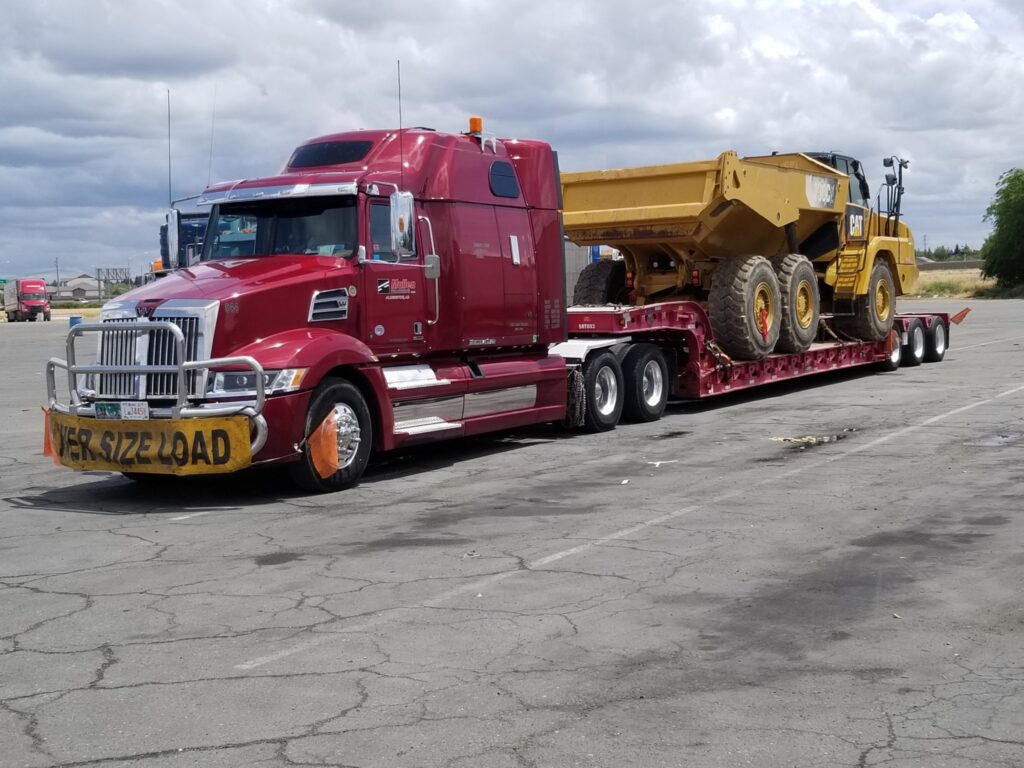Mullen Group purchases remainder of Pacific Coast Express
OKOTOKS, Alta. – Mullen Group has completed its purchase of Pacific Coast Express (PCX), acquiring the remaining 60% of its shares.
Mullen initiated the purchase by taking an equity position in 2018, with the view of eventually buying the entire company. The purchase includes facilities in Calgary and Winnipeg.

“We have made a number of equity investments in well-run private companies over the years with a particular focus on strong Canadian-based trucking and logistics companies,” explained Murray Mullen, Mullen Group chairman and CEO.
“The strategic rationale of these investments is knowing that at some point in the future these well-run companies would become part of Mullen Group. PCX has strong ties to U.S.-based shippers and a leading U.S. national carrier. This investment reinforces our strategic rationale of making long-term investments into businesses that support the consumer part of the economy, namely less-than-truckload, final mile delivery and logistics. I would like to take this opportunity to welcome PCX’s 120 employees and contract owner-operators to the Mullen Group and I know that PCX’s operating performance will be strengthened by joining Mullen Group’s less-than-truckload network.”
PCX provides LTL and TL shipments to and from Western Canada, the Western U.S., and Mexico. It is headquartered in Surrey, B.C., with terminals in Edmonton, Calgary, and Winnipeg. It generates about $25 million in annual revenue.
Have your say
This is a moderated forum. Comments will no longer be published unless they are accompanied by a first and last name and a verifiable email address. (Today's Trucking will not publish or share the email address.) Profane language and content deemed to be libelous, racist, or threatening in nature will not be published under any circumstances.
How does a company get drivers wage subsidy then be in a strong enough position to buy new equipment and other small trucking companies in the same year. Many owner ops with their own authority have insurance issues and can not compete against larger trucking companies that got wage subsidies.